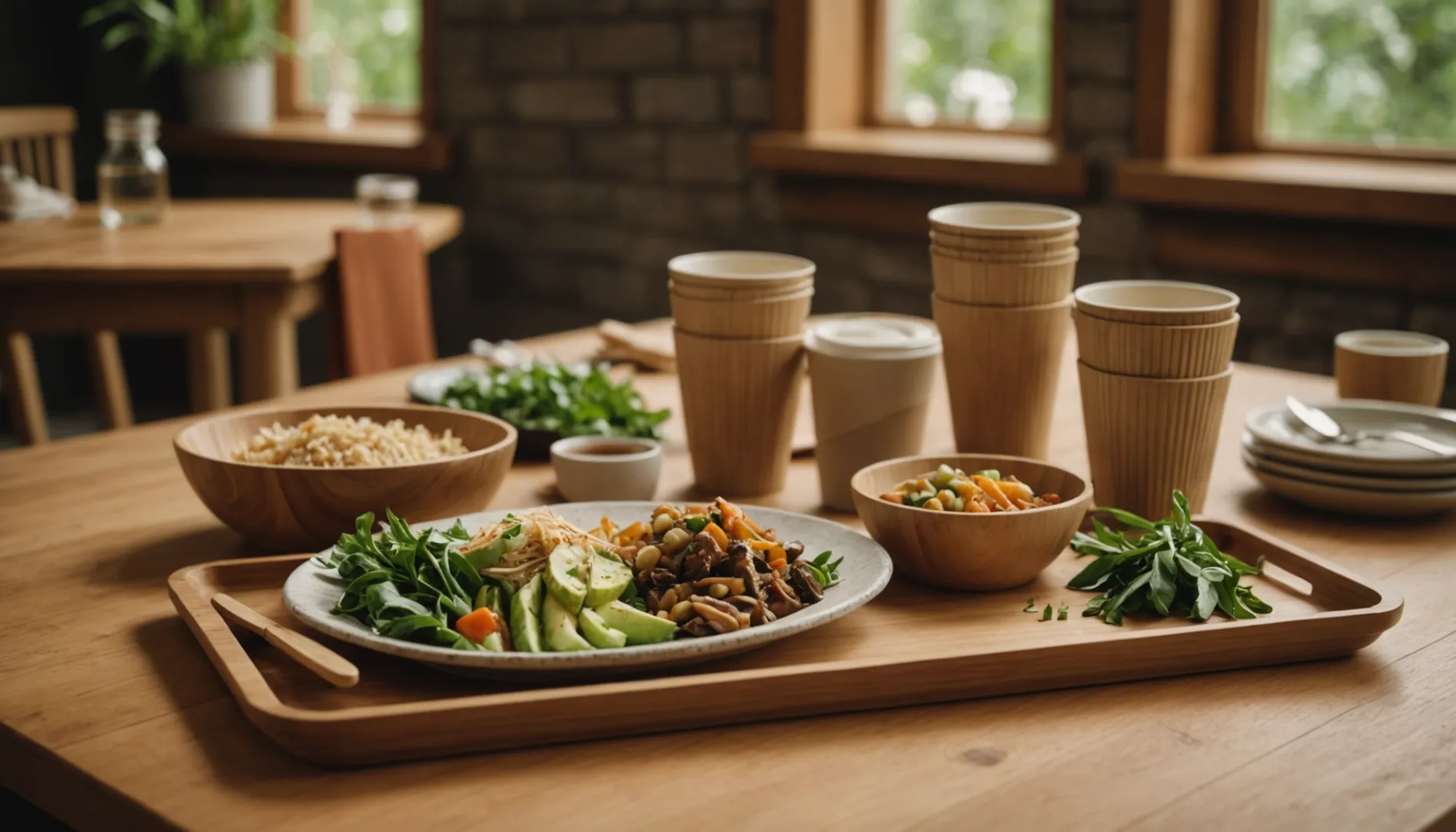
Ever wondered why World Centric's wooden cutlery comes with a hefty price tag? Let me share what I found.
World Centric's disposable wooden cutlery is expensive because it prioritizes ethically sourced materials, supports sustainability efforts, and upholds high-quality standards in eco-friendly product manufacturing.
The cost might look high at first. But after looking closer, the reasons for the pricing became clear. Choosing World Centric is like picking a handmade sweater over fast fashion. You are not just buying cutlery. You are investing in something that respects the earth and its people. World Centric is committed to sustainable practices and quality. Every fork, knife or spoon is made with care. It is not just disposable. Ethical production and environmental responsibility truly set them apart.
World Centric started as a non-profit in 2004.True
World Centric was initially a non-profit focused on films and courses.
World Centric only ships products internationally.False
World Centric ships only within the USA, not internationally.
How Does World Centric Source Its Materials Sustainably?
Ever wondered how a packaging company can actually help the planet? Let me share how World Centric does it with heart and purpose.
World Centric sources materials sustainably by using renewable resources like bamboo and sugarcane bagasse, prioritizing ethical and eco-friendly practices to minimize ecological impact.
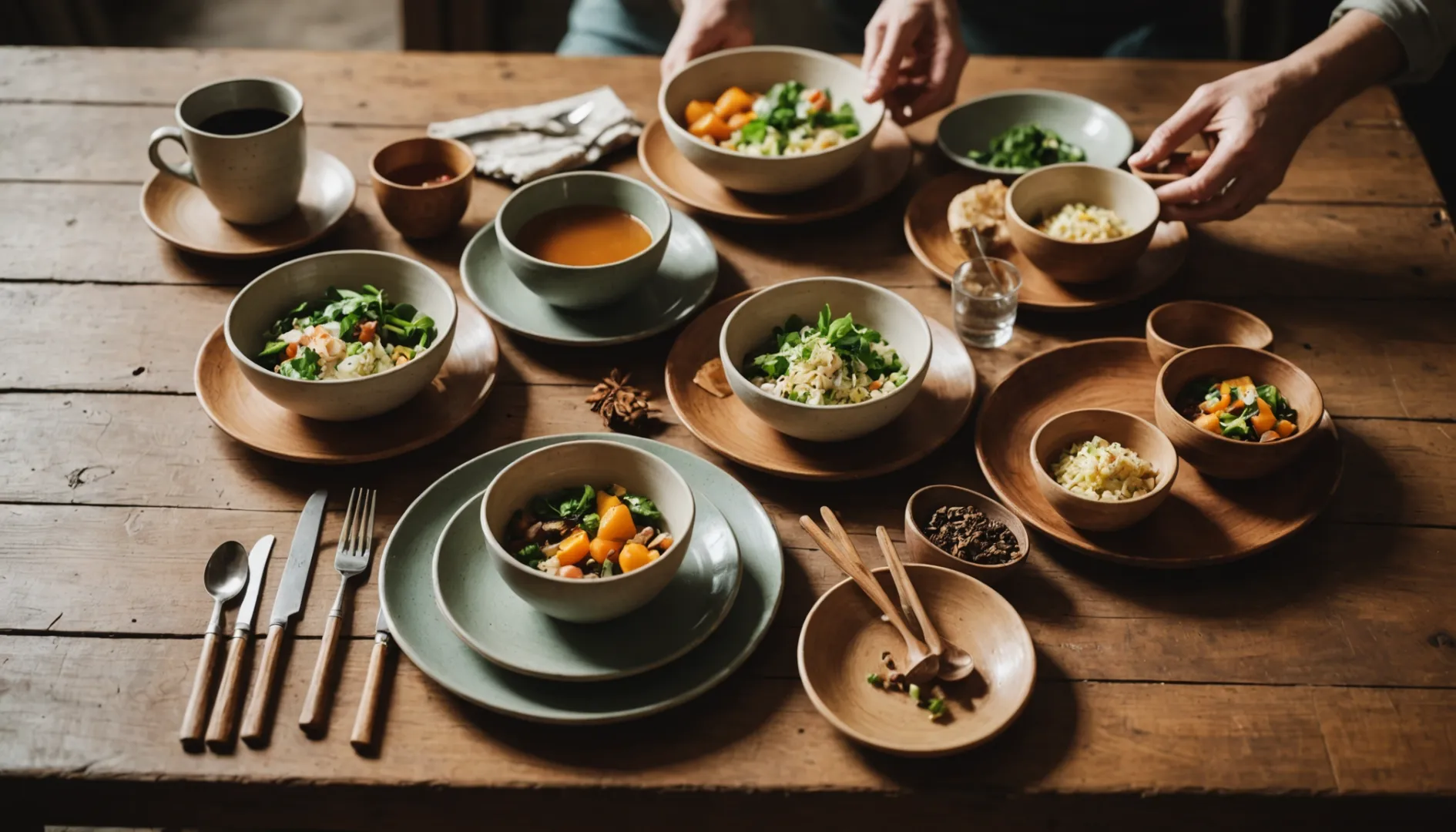
Understanding Renewable Resource Utilization
When I first heard about World Centric’s commitment to renewable resources, I was intrigued. Imagine using bamboo, which grows like wildfire without needing pesticides, to create everyday products! Bamboo’s rapid growth makes it a no-brainer for sustainable packaging. Then there’s sugarcane bagasse, a byproduct that usually gets tossed. Repurposing it into something durable and eco-friendly felt like a win-win. It’s fascinating how the ordinary can become extraordinary with the right vision.
Ethical Sourcing Practices
World Centric’s approach to sourcing isn't just about the environment; it's about people too. I think of it as building a community around shared values. They work with suppliers who are on the same page, ensuring fair trade and supporting local communities. It reminds me of a time I decided to buy only fair-trade coffee, knowing that even small choices contribute to bigger changes. World Centric's dedication to ethical practices resonates with this belief, creating a ripple effect of positive impact.
Reducing Plastic Dependency
The plastic problem sometimes feels overwhelming, but then I stumbled upon World Centric's use of PLA plastics. Made from cornstarch, this stuff is biodegradable under industrial conditions. It’s a refreshing change from conventional plastics and offers hope for reducing pollution. It’s like trading in an old car for an electric one – you’re still driving, but your footprint is much lighter.
Innovative Partnerships and Collaborations
World Centric’s network of partnerships feels like a tapestry of innovation and dedication to sustainability. By teaming up with organizations focused on environmental preservation, they’re not just staying relevant; they’re leading the charge. It reminds me of joining forces with friends to tackle a project – the combined effort always leads to something greater than the sum of its parts. Through collaboration, World Centric amplifies its impact and helps guide the packaging industry towards greener practices.
If you're curious about the broader implications of these strategies, exploring renewable resources1 and ethical sourcing2 will give you deeper insights into how these practices fuel global sustainability.
World Centric started as a non-profit in 2004.True
Initially, World Centric was a non-profit focusing on conscious living.
World Centric only ships products within the USA.True
The company currently limits its shipping services to the USA.
What Are the Environmental Benefits of Wooden Cutlery?
Have you ever wondered how switching to wooden cutlery could save the planet, one spoon at a time?
Wooden cutlery breaks down naturally, reducing landfill waste and carbon emissions. Made from renewable materials like bamboo, it has minimal environmental impact compared to plastic, which takes centuries to decompose. Plus, it enriches the soil as it breaks down, offering a sustainable alternative for eco-conscious living.
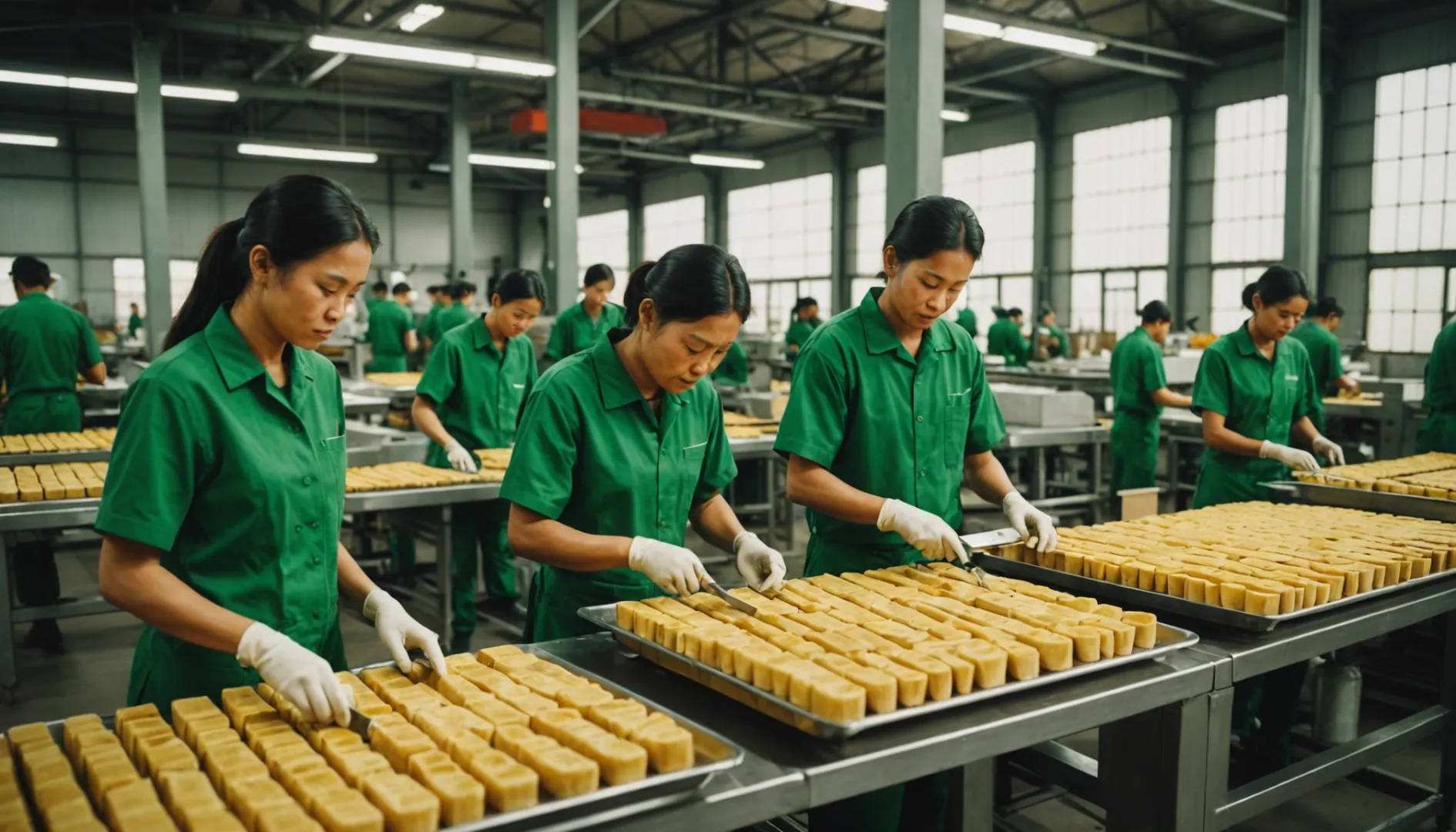
Sustainable Sourcing of Materials
You know, one of the things I love about wooden cutlery is that it's crafted from renewable resources like bamboo and birch. It's amazing how these trees grow so quickly and can be harvested in a way that doesn’t harm the environment. Unlike those single-use plastics that come from non-renewable fossil fuels, wooden options have such a smaller carbon footprint. I remember the first time I learned about this—it was like a light bulb went off in my head, realizing how my choices could make such a difference.
Biodegradability and Compostability
There’s something truly satisfying about knowing that wooden cutlery can decompose naturally. I mean, imagine this: instead of sitting in a landfill for hundreds of years like plastic, wooden utensils break down in just a few months. It’s like giving back to the earth. And if you’re into composting like I am, they add nutrients to your compost heap, promoting soil health3. It feels good knowing that your picnic leftovers can turn into something beneficial.
Reduced Carbon Footprint
When I found out that the production of wooden cutlery uses less energy than plastic, it was a no-brainer to switch. Wood is a carbon-neutral material—it absorbs CO2 as it grows. So by choosing wooden cutlery, we're actually helping to mitigate climate change impacts. It's a small step, but imagine the difference if we all took it!
Absence of Harmful Chemicals
I can't tell you how relieved I was to learn that wooden cutlery doesn’t contain harmful chemicals like BPA, which are often found in plastic utensils. This makes it safer not just for us but for the environment too. No worrying about toxic substances leaching into our food or the ecosystem. The natural composition means it can be composted4 without releasing toxins. It's peace of mind on a plate.
Encouraging Responsible Consumer Habits
Using wooden cutlery really encourages me and others to be more mindful about our consumption habits. By opting for eco-friendly alternatives, I feel like I'm contributing to a bigger movement towards sustainability and responsible consumption. It's not just about me; it's about supporting broader environmental initiatives and promoting sustainability5. Every small step counts, right?
World Centric started as a non-profit in 2004.True
World Centric was initially a non-profit focusing on conscious living.
World Centric only ships products outside the USA.False
World Centric primarily ships its products within the USA.
Is Wooden Cutlery Better Than Plastic for Everyday Use?
Choosing between wooden and plastic cutlery can feel like a small act, but it holds significant power in shaping our ecological footprint.
Wooden cutlery is generally more eco-friendly than plastic due to its biodegradable properties and renewable sources. While it offers sustainability, factors like cost, usability, and hygiene are crucial in deciding which cutlery suits your daily needs best.
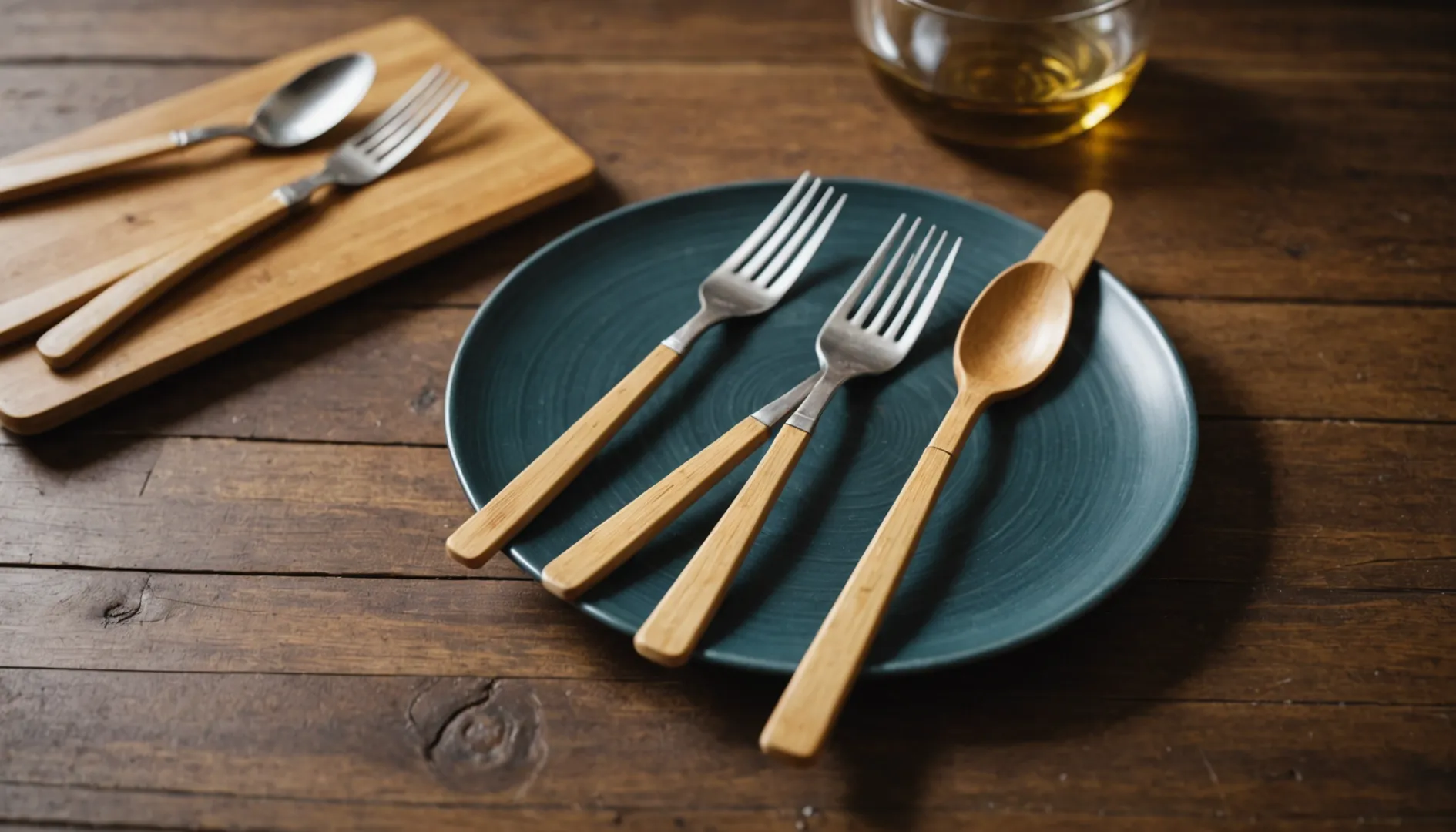
Environmental Impact
When I first started exploring sustainable living, it was eye-opening to learn about the environmental benefits6 of wooden cutlery. Imagine a world where your spoons and forks return to the earth instead of lingering in landfills for centuries. Wooden utensils, often made from bamboo, are compostable, breaking down naturally without harming our planet. In contrast, plastic cutlery, derived from petroleum, can take hundreds of years to decompose. As I began using wooden cutlery, I felt a sense of connection to nature, knowing my choices mattered.
Usability and Durability
I remember the first time I tried wooden cutlery at a family picnic. The sturdy feel of the fork as I dug into my salad was reassuring. Wooden utensils are robust and don't snap like flimsy plastic ones. However, I quickly discovered they're not ideal for hot foods—my soup spoon became a bit too warm to handle! This taught me to consider the meals I usually prepare and the durability I need.
Plastic cutlery, on the other hand, is incredibly convenient—lightweight and flexible. I've often relied on them during busy workdays when quick meals are a must. Yet, their tendency to bend or break can be frustrating.
Cost Considerations
Initially, I assumed wooden cutlery would be pricier because it's eco-friendly. But I found that buying in bulk made it surprisingly affordable. As more people shift toward sustainable options, costs have become more competitive. Plastic cutlery is typically cheaper upfront, but when I think about the environmental toll, the hidden costs loom large.
Hygiene Factors
There's always a worry about hygiene with wooden cutlery—it's porous and might harbor bacteria. I've learned to choose utensils with natural finishes or coatings that boost their resistance to germs. In comparison, plastic utensils are non-porous but still require thorough cleaning if reused.
Aesthetic Appeal
And then there's the aesthetic appeal. Wooden cutlery has a rustic charm that turns any meal into a cozy experience. Whether it's a backyard barbecue or a picnic by the lake, these utensils add a touch of elegance that plastic just can't match. However, for casual get-togethers where practicality rules, colorful plastic options still hold their ground.
World Centric started as a non-profit in 2004.True
World Centric began as a non-profit focused on conscious living films.
World Centric only ships products internationally.False
World Centric ships only within the USA, not internationally.
Can Bulk Orders Make World Centric Products More Affordable?
Ever wondered if buying eco-friendly products in bulk could save you money? Let's dive into how this works with World Centric's sustainable offerings.
Yes, purchasing World Centric products in bulk can make them more affordable. By offering discounted rates on large orders, World Centric reduces the per-unit cost, making it a cost-effective option for businesses like hospitals, colleges, and fast food chains seeking sustainable solutions.
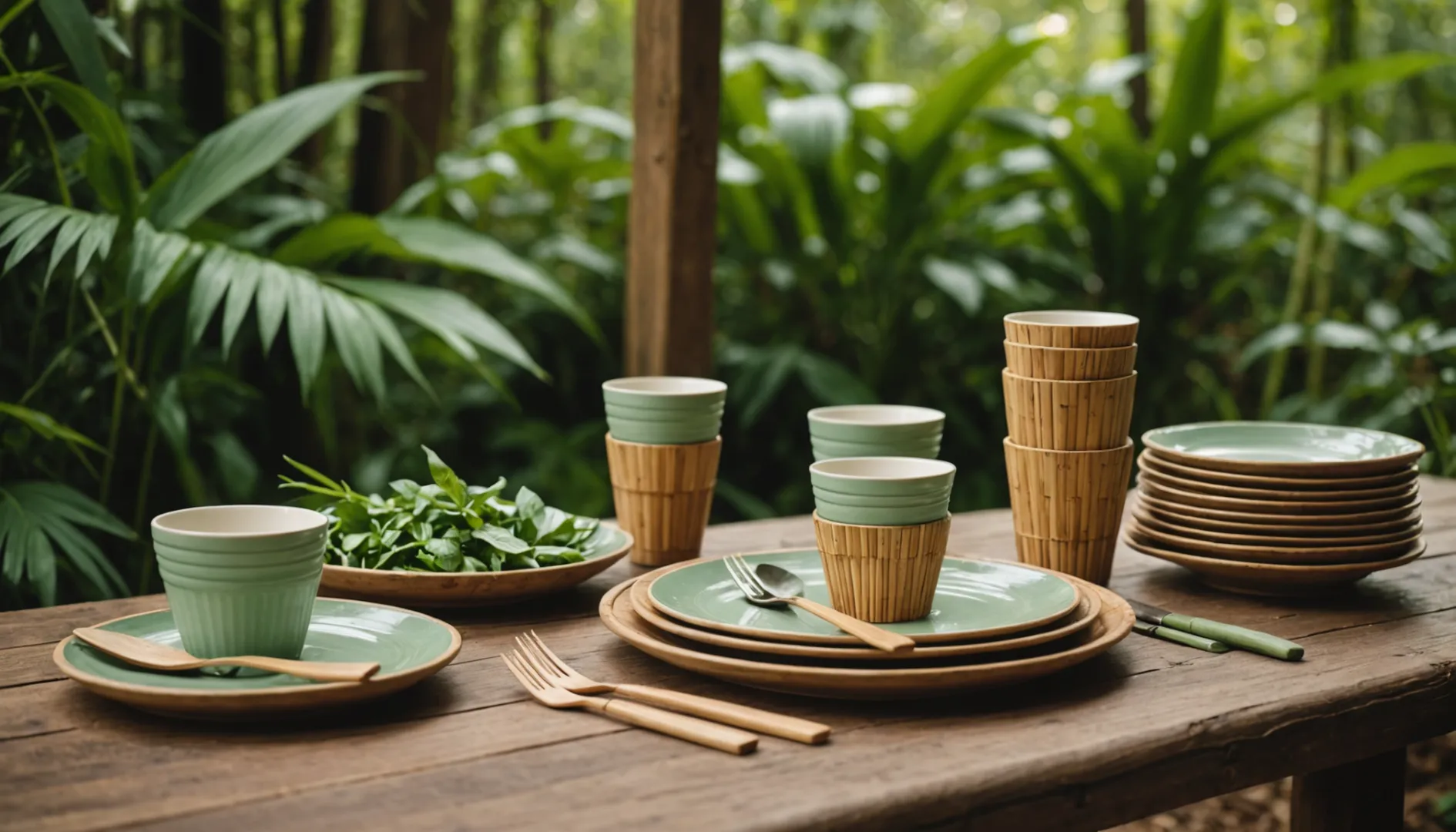
Understanding Bulk Pricing Benefits
When you order in bulk from World Centric7, you're not just getting a lower per-unit price. I remember when I first stumbled upon World Centric while searching for eco-friendly options for my small café. Their bulk pricing caught my eye because it wasn't just about saving a few bucks on each item. They offered so much more—like custom printing, which was perfect for branding my takeaway cups. Plus, they provided shipping assistance, which made the whole process smooth and hassle-free. It felt like they were genuinely interested in helping my business thrive sustainably.
Economies of Scale and Sustainability
World Centric's approach goes beyond just slashing prices. By ramping up production for bulk orders, they achieve economies of scale. It's like hitting two birds with one stone—cost savings for us and reduced environmental impact per product. When I think about how this aligns with their mission of sustainability, it makes supporting them feel even more rewarding.
Institutions looking to minimize their carbon footprint8 can benefit from this as well.
Who Benefits the Most?
I’ve noticed that while anyone can benefit from these bulk deals, certain sectors like healthcare and education seem to gain the most. Imagine a hospital that needs to serve thousands of meals every day; switching to compostable cutlery from World Centric not only cuts costs but also supports their green initiatives. Similarly, universities with large cafeterias9 can take advantage of these deals for their large cafeterias, complete with composting guides that help manage waste responsibly.
Considerations and Limitations
Of course, it's not all sunshine and rainbows. There are a few things to consider before diving in headfirst. For instance, World Centric currently ships only within the USA, so if your business is international, you'll need to explore other options. And then there's the matter of storage—make sure you have enough space to store these bulk orders efficiently or you might end up with more waste than you bargained for.
It's crucial to weigh the benefits against potential limitations such as storage capacities and the potential for waste10 if items aren't used efficiently or stored properly.
In conclusion, while bulk ordering World Centric products can be both financially and environmentally beneficial, it does require some thoughtful planning to truly maximize the advantages. But trust me, the effort is worth it when you see the impact on both your bottom line and our planet.
World Centric started as a non-profit in 2004.True
World Centric began as a non-profit organization focusing on conscious living.
World Centric ships internationally.False
World Centric only ships its products within the USA.
Conclusion
World Centric's wooden cutlery is costly due to ethical sourcing, sustainability efforts, and high-quality standards, making it a responsible choice for eco-conscious consumers.
-
Discover how renewable resources reduce environmental impact and support sustainability. ↩
-
Learn about the positive impacts of fair trade and ethical sourcing. ↩
-
Discover how composting enhances soil fertility. ↩
-
Find out how to effectively compost wooden cutlery. ↩
-
Explore why sustainable habits are crucial today. ↩
-
Learn why wooden cutlery is more eco-friendly than plastic. ↩
-
Explore comprehensive details on World Centric's bulk order offerings. ↩
-
Understand how bulk buying reduces environmental impact. ↩
-
Learn why universities are ideal candidates for bulk ordering. ↩
-
Discover potential challenges when purchasing in bulk. ↩

